This guest blog by Dr Daniel Grasser, Consulting Engineer at TUNRA Bulk Solids, Australia provides detailed insight into his DEM studies into reducing wear in bulk materials handling equipment during his affiliation with the ARC Training Centre in Alloy Innovation for Mining Efficiency (mineAlloy) at Deakin University. Learn how Dr Grasser utilised Ansys Rocky to better understand particle flow to improve and optimise the design of wear liners while reducing the need for experimental testing.
Archives
Fast-tracking the development of autonomous vehicles, drones and robots via engineering simulation

Designers of autonomous vehicles, drones & robots face key safety and reliability challenges when integrating machine vision & complex sensors. Engineering simulation tools can form part of a complete control loop for autonomous systems, helping to replicate the real world performance of sensors in a consistent and repeatable virtual test environment and leading engineers to solve issues before they become a problem in real life.
Switchgear Pre-Compliance Simulations
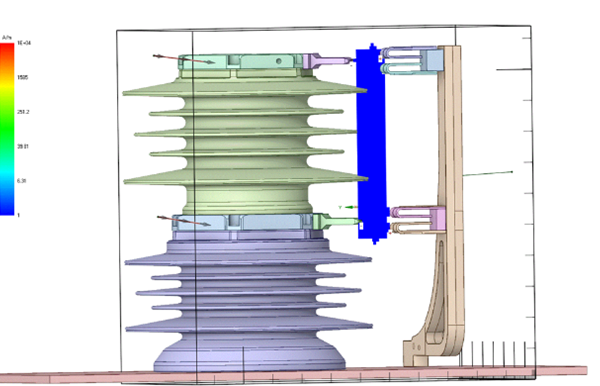
How to use simulation to ensure switchgear functions to standards such as IEC 61439, incorporating effects such as: short circuit withstand strength, degree of protection of enclosures (arc fault), temperature rise, clearances and creepage distances, Dielectric properties of insulation, electromagnetic compatibility EMC.
Preventing Electronics Failure due to Electrostatic Discharge (ESD)

This blog offers a detailed overview of the workflow to conduct virtual testing of Electrostatic Discharge using Ansys EMA3D – as early as possible in your design cycle once your PCB design is available – helping to reduce expensive recalls and warranty issues due to ESD failures in sensitive electronics.
New opportunities for EMC simulation of large platforms with Ansys EMA3D
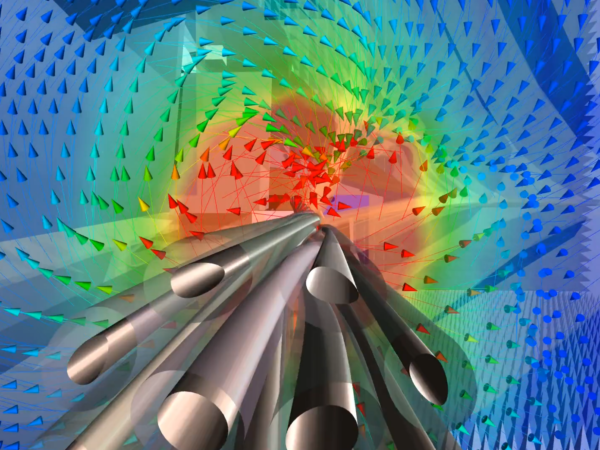
Learn about Ansys EMA3D to account for cables and cable assemblies when accurately simulating EMI/EMC effects on larger platforms, such as aircraft and full vehicles.
How will AI impact the role of engineers in 2023 and beyond? We asked OpenAI’s ChatGPT!
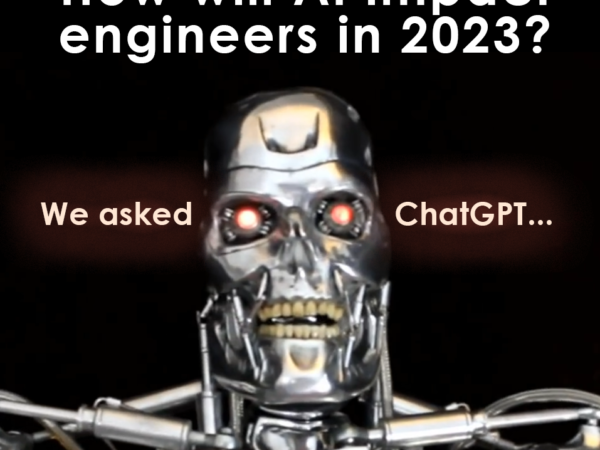
The internet is abuzz with excitement about ChatGPT, the new AI chatbot that allows you to interact with one of the world’s largest and most powerful AI models. Recent media coverage has ranged across the spectrum from hype to nope, but at LEAP we wanted to investigate further so we decided to go straight to the source – so we posed a series of questions directly to ChatGPT!
Reliability Physics Analysis Tools for Implementing MIL-810G STANDARD

In the final part of our series on using Electronics Reliability simulation tools to meet important industry standards, read how to apply Reliability Physics Analysis (RPA) in Ansys Sherlock to meet the MIL-STD-810G standard relating to environmental and lab tests approved for use by the US Department of Defence.
Reliability Physics Analysis Tools for Implementing DO-160G STANDARD

Read how to apply Reliability Physics Analysis (RPA) in Ansys Sherlock to the DO-160G standard which covers “Environmental Conditions and Test Procedures for Airborne Equipment” in the aerospace industry. PCBs installed in any airborne vehicles can be simulated in Ansys Sherlock to assess the vibrational and solder fatigue analysis in order to predict the life cycle/ Time-to-failure (TTF) of key components and the board itself.
Reliability Physics Analysis Tools for Implementing GMW3172 STANDARD
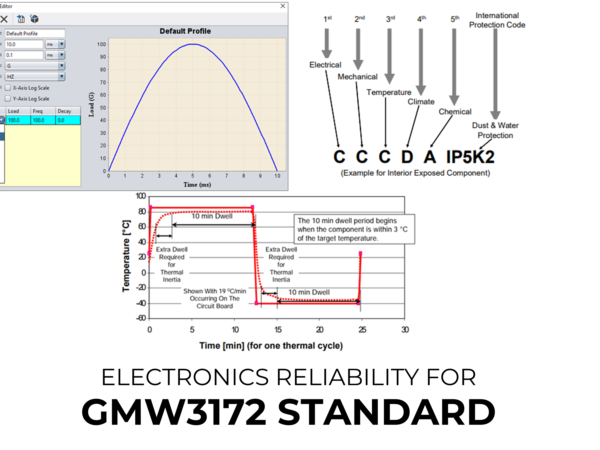
Read how to apply Reliability Physics Analysis (RPA) in Ansys Sherlock to the GMW3172 Standard for “General Specification for Electrical/Electronic Components – Environmental/Durability”, part of engineering standards by General Motors which applies to electrical components for passenger/commercial vehicles & trucks.
Enhancing Materials Science education at the University of Auckland
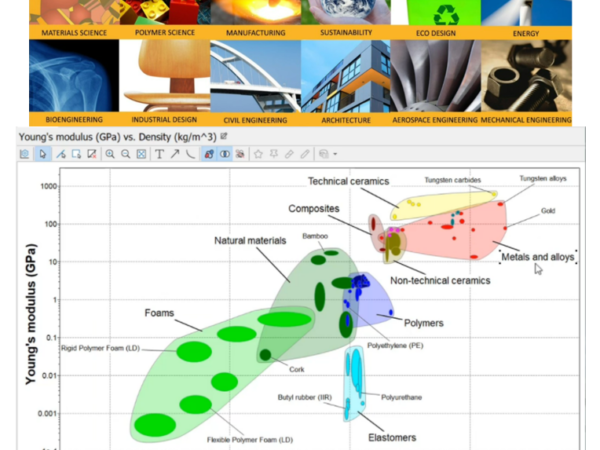
The University of Auckland has been teaching materials science & engineering with Granta Edupack since 2015 as part of a commitment to use the latest technology to enhance their Materials Science education.
Read this recent interview with Dr. Josh Workman who used Granta EduPack as a Lecturer in Materials Engineering.



